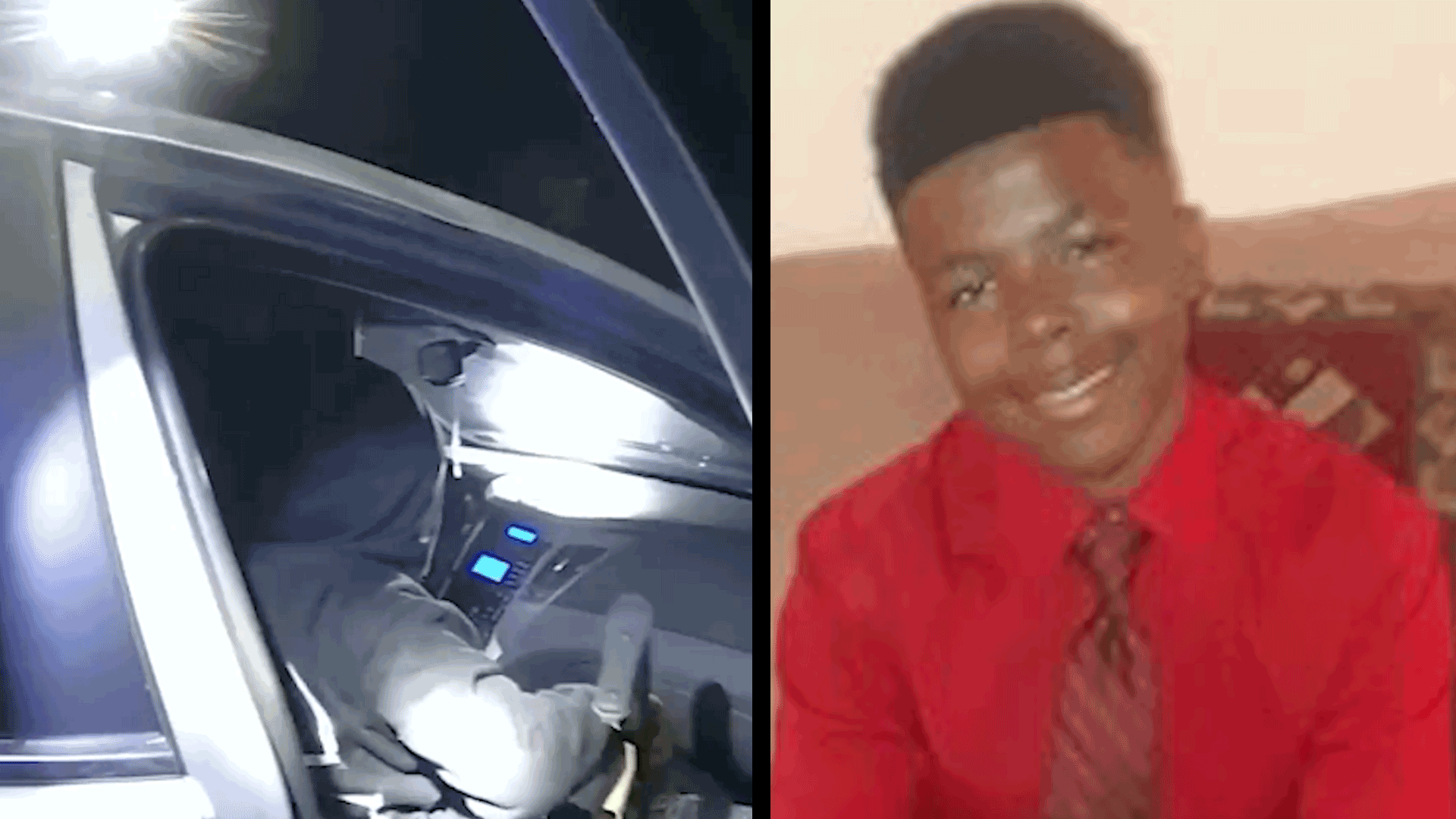There were many memorable cinematic performances that came from actresses in 1999 (Annette Bening in American Beauty, Samantha Morton in Sweet and Lowdown, Julianne Moore in Magnolia). And then there was a truly iconic turn from Reese Witherspoon as Tracy Flick, the terrifying antagonist in Alexander Payne’s sharp political satire, Election.
A cunning, ambitious and oh-so-annoying foil to her teacher and would-be mentor, Omaha-area social studies instructor Jim McAllister (Matthew Broderick), Tracy is at times the worst — for example, when her affair with Mr. McAllister’s best friend is discovered, the teenager has no qualms about abandoning him entirely — and in other moments, Tracy can be the absolute best. At least, she insists on that top slot, no matter what: having the highest grades, getting into the best college, winning a high school election — she’s destined for greatness, which in the time Election takes place means winning the office of student body president at Carver High.
Election will turn 25 this year, and the pitch-perfect classic from Payne, who brought audiences last year’s Oscar winner The Holdovers, still feels as fresh as ever in its satire of the quotidian back-stabbing and string-pulling that comes with politics at any level. There may never be a scene that encapsulates the power of political speech, the impossibility of a viable third party in America, and how the powers that be will suppress insurgency than from Election’s second-act trifecta of candidate pitches from Witherspoon’s Flick, Chris Klein’s Paul Metzler, and Jessica Campbell’s Tammy Metzler.
Witherspoon has said that she’d initially sought the role of Tammy after reading that speech scene.
“I remember when I read the script I was like, ‘I have to play this part. I must play this character,’” she tells People when speaking about the 25-year milestone since its release. “I remember going into the audition, and I looked at Alexander Payne, the director, and I was like, ‘You can audition other people, but I’m the right person for this part.’ He was like, ‘Holy crap.’ I just never dropped that character.”
Her star-making turn would go on to make Election the cult favorite hit it has became in the last quarter of a century. Two years after Election released, she became a household name with Legally Blonde, a massive, crowd-pleasing hit. But Witherspoon’s acting chops were clear after her calibrated performance as Tracy Flick. And It didn’t just land her several awards nods that year, including a Golden Globe nomination — in Witherspoon’s hands, Tracy Flick’s calculating moves, deep unpopularity, and unabashed ambition managed to predict a certain 2016 candidate’s rise and downfall. (There’s a reason why former President Barack Obama told Payne that Election is his favorite political film.)
Witherspoon recalled to People how Payne allowed her to define Tracy (“he just let me be free to be as silly and strange as I wanted to be”), who became an “iconic female political character.”
“We don’t have that many, and she is an archetype of American ambition and this idea of a woman wanting to get ahead,” Reese told People. “It’s interesting as you go back and look at it now. What are the qualities that we thought were not great about her ambition, and now that we encourage in young women? It’s a real shift.”
And Tracy Flick is one odd duck: the clipped speech, the pace of her stride, her escalating rage that she not-so-subtly suppresses are all maintained by Witherspoon as she created a character whose perkiness masked a simmering rage. “I just imagined how uptight people carry themselves,” Witherspoon told the Los Angeles Times in 1999 of her road to finding Tracy. “And they grind their teeth at night and they clench their jaw, because everything has to be just perfect.”
The influence of Tracy Flick has grown over the years, and it’s not just the Hillary Clinton comparisons. Tina Fey said Flick inspired her dead-on and hilarious Sarah Palin impersonation. Dan Harmon says Community’s Annie Edison drew from Flick for inspiration, too, and New York Times critic A.O. Scott reevaluated Flick as a grooming victim in a 2019 essay, “What America Gets Wrong About Tracy Flick.”
Today, Witherspoon looks back on Election, a movie that gained slow but steady momentum to find its own form of success — and as she tells People, she has to relinquish any control over her own expectations.
“Movies are funny because you think they’re one thing when you’re making them, but then they go out in the world and they take on a life of their own, and it’s not really up to you,” says Witherspoon. “It belongs to people, once you put it out in the world.”
Tracy Enid Flick, however, would never allow that.







